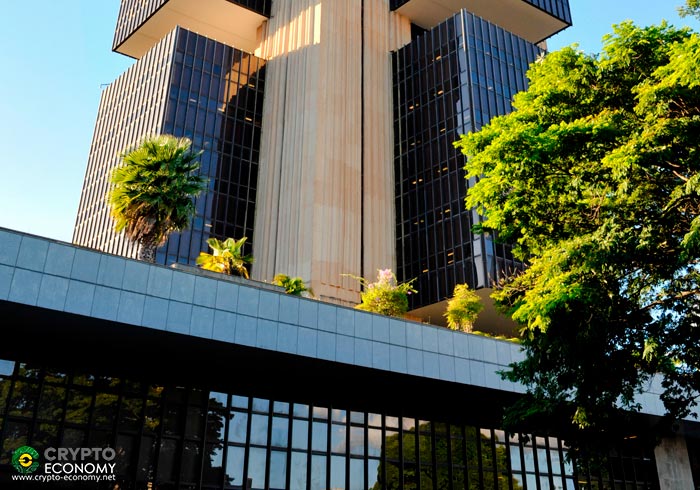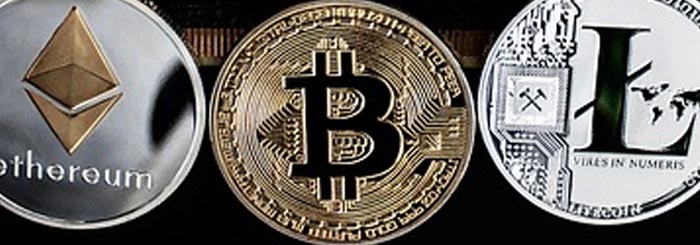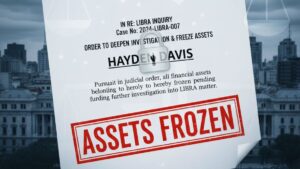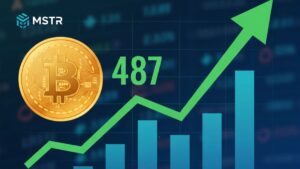The announcement was made in the press release by the Central Bank of Brazil stating that traded cryptocurrencies will be classified as non-financial products and will be accounted for like goods. The guidelines of the International Monetary Fund (IMF) also declares crypto assets as non-financial assets.
A document by the Statistics Department of International Monetary Fund (IMF), titled “Treatment of Crypto Assets in Macroeconomic Statistics”, reads:
“Crypto-assets did not exist when the latest revision of the macroeconomic statistical manuals took place, consequently no international guidelines are available, except a reference in the Monetary and Financial Statistics Manual and Compilation Guide (MFSMCG) clarifying that Bitcoin-like crypto assets are nonfinancial assets. Crypto assets combine properties of currencies, commodities, and intangible assets. This should guide their classification in macroeconomic statistics. ”
Brazil’s central bank published a balance sheet on its website on August 26, 2019, which summarized the position of the crypto assets in Brazil. This balance sheet says:
“The Balance of Payments Statistics Committee, an advisory body on external sector statistics methodology to the International Monetary Fund (IMF) Statistics Department, recommended classifying the buying and selling of crypto-assets (specifically those for which there is no issuer) as assets. produced, which means that it is compiled into the balance of payments asset account. Cryptocurrency mining activity, therefore, is now treated as a productive process.”
The Central Bank of Brazil will consider selling and buying of crypto assets as it’s export and import statistics there are some mix reviews about this classification of crypto assets. João Canhada, the co-founder of FoxBit, commented as:
“The central bank has been at the forefront of great initiatives to meet and talk with the market in recent years, this opening is starting to pay off, this step today brings more legal certainty to the sector and more confidence to the legacy market about the seriousness of this new market. market, a giant evolution in the regulator’s understanding in addition to showing the market that Brazil’s central bank is aware of the innovations and evolution of the local cryptocurrency ecosystem.”
But Thiago Lucena, the CEO of Uzzo, has some other views. He said:
“What happened was the inclusion of cryptocurrencies in the Balance of Payments, reinforcing the classification as an asset. The problem is that once classified as a product we have to declare the importation of cryptocurrencies through exchange contract, thereby increasing bureaucracy, levying taxes and consequently the cost of the transaction.”
Crypto assets and blockchain is at their initial phase of development and undergoing fast changes and it difficult to predict to which side it will go in future. But good signs are that countries are adopting crypto businesses and we can predict a bright future.











